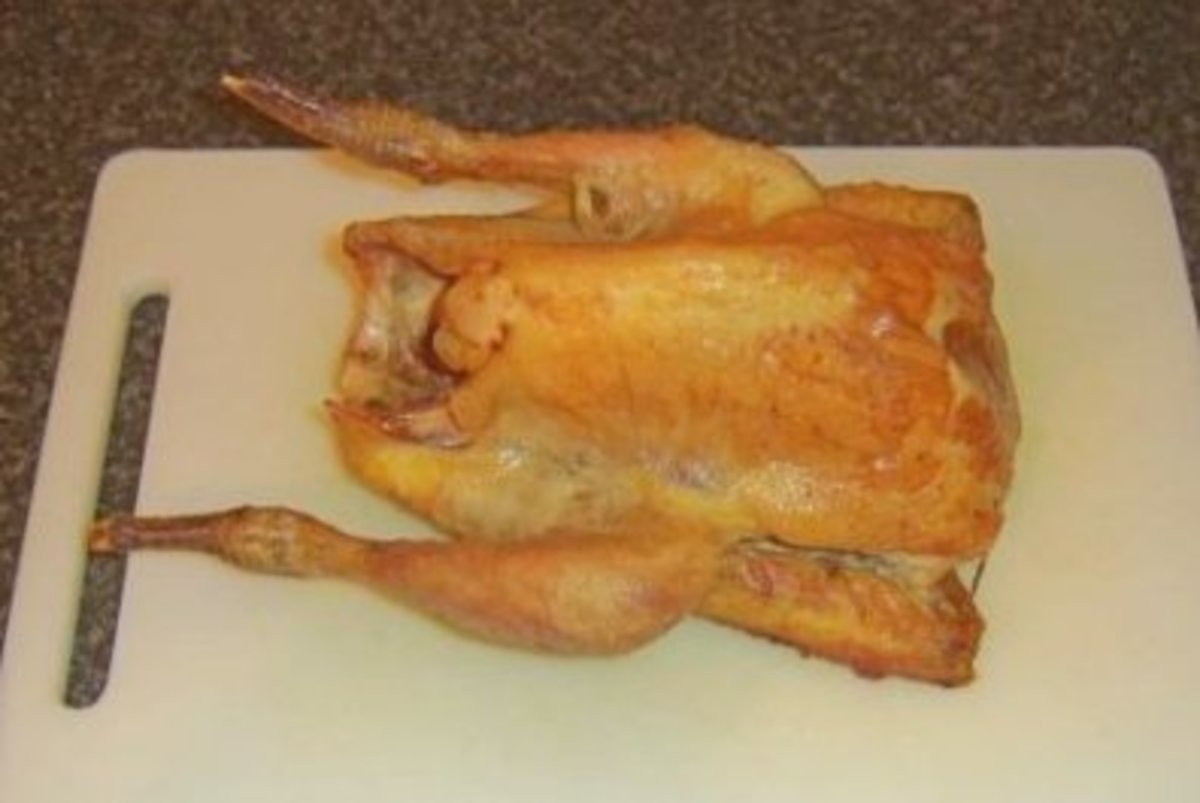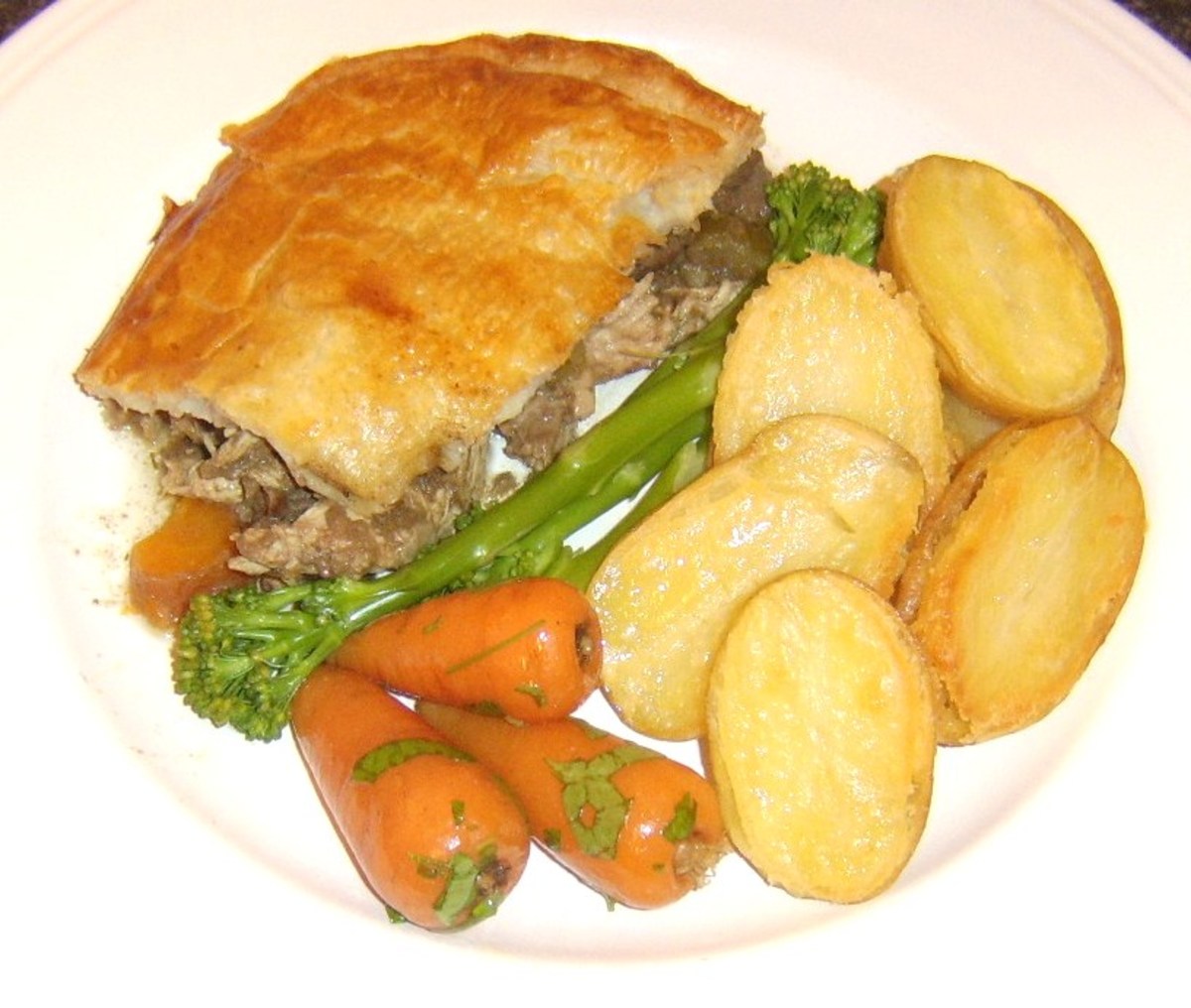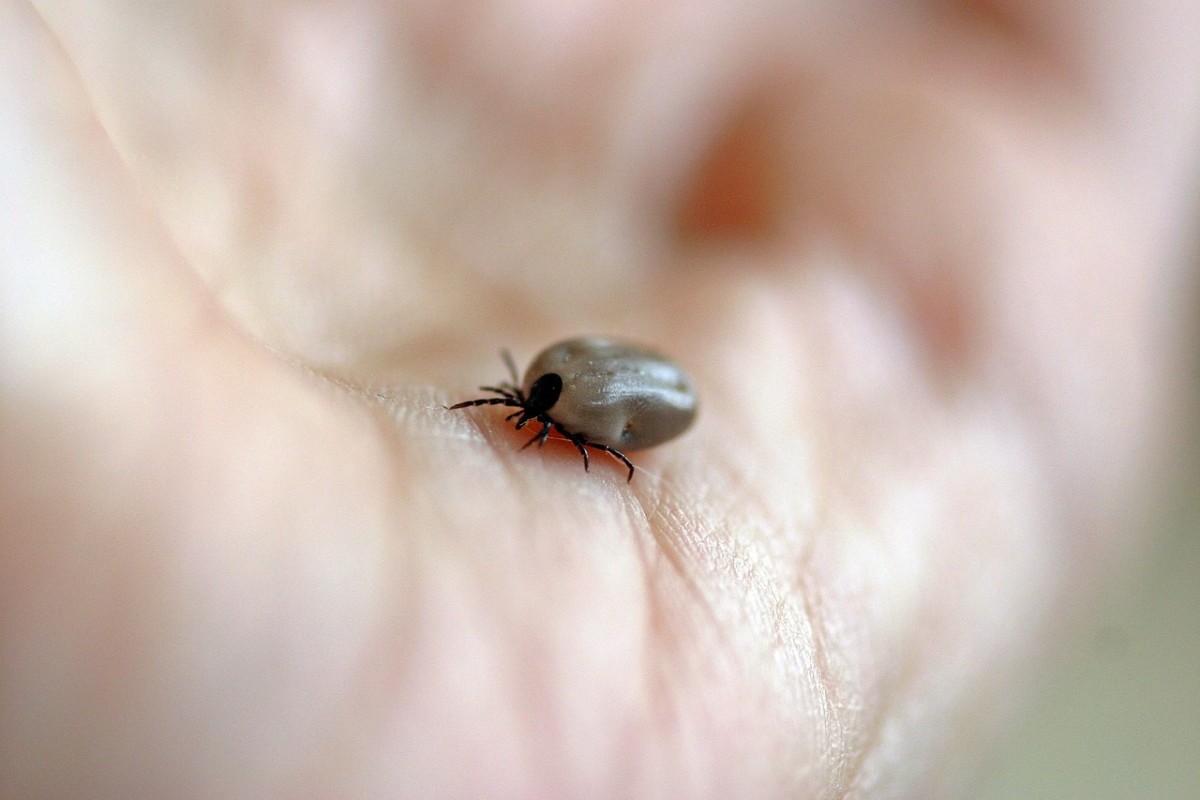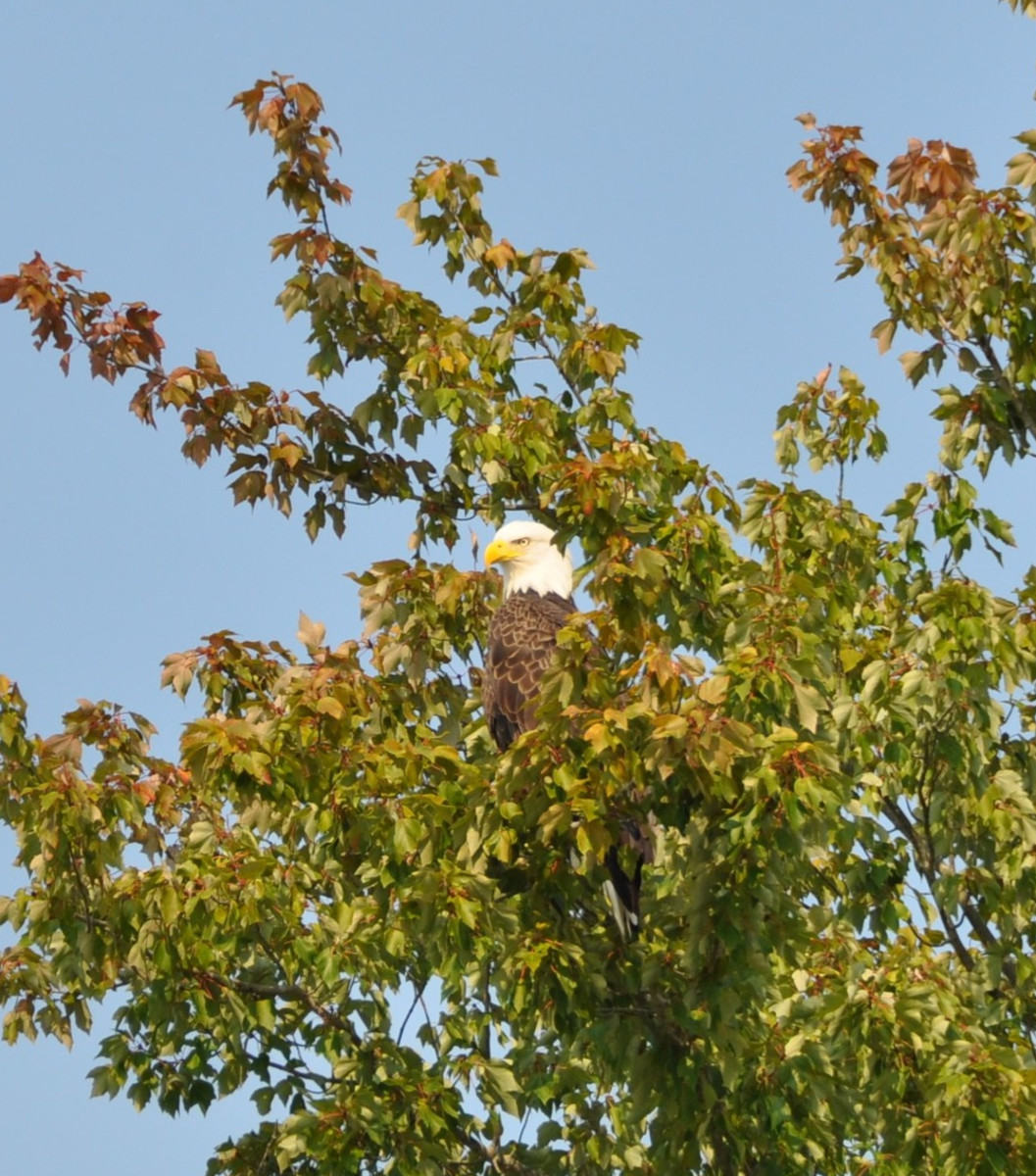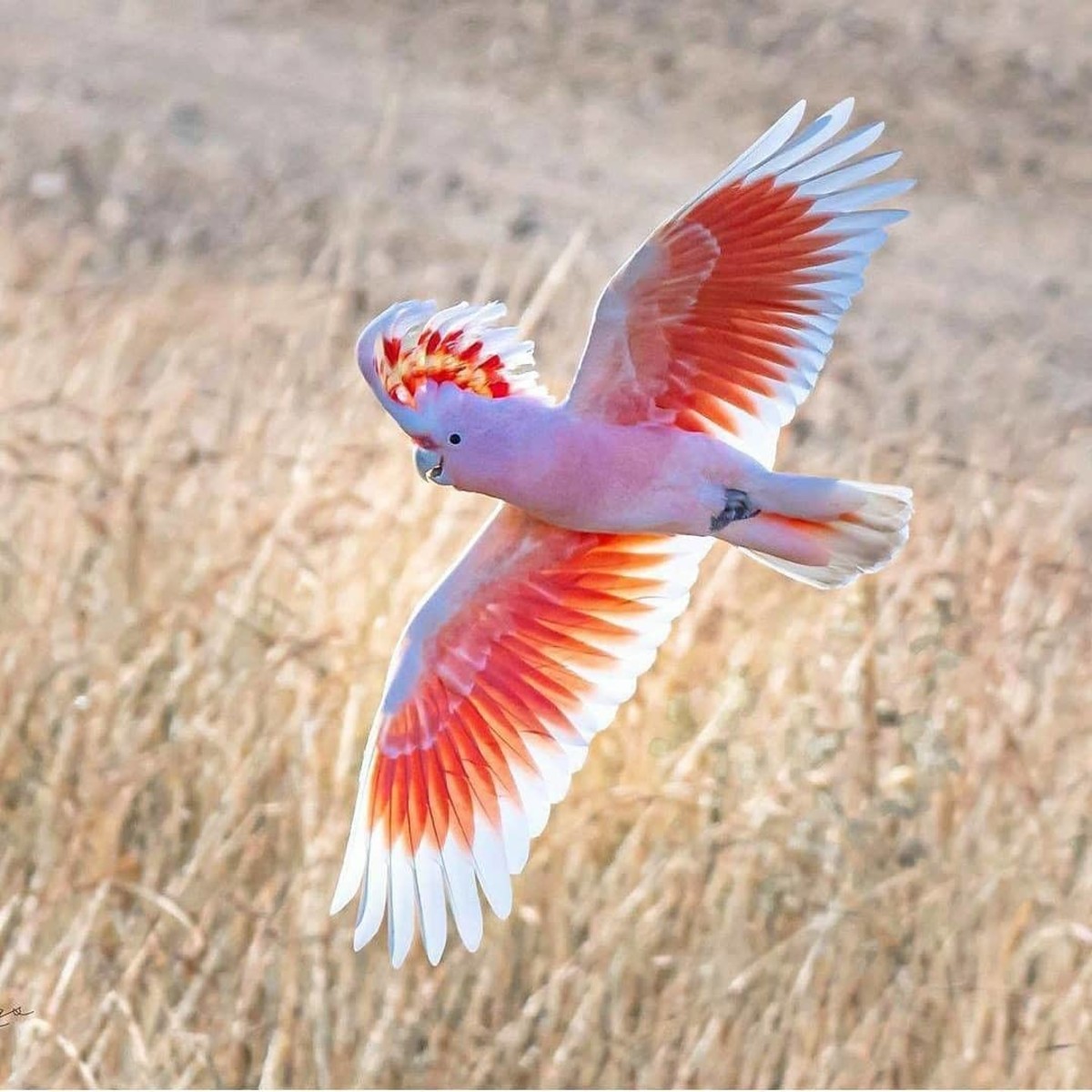Raising Guinea Fowl For Tick Control
Ticks are one of the most annoying, disgusting, and dangerous insect pests across much of the United States. These little bloodsuckers not only make it difficult to enjoy gardening, hiking, and other outdoor activities in the summer time, they can also spread dangerous disease to humans, pets, and livestock, including Lyme disease, Rocky Mountain Spotted Fever, Erlichiosis, and more.
Unfortunately, many of the conventional ways of controlling tick populations involve chemicals that can pose health risks for young children and pets in particular. One unique, all natural way to control ticks on your property is by keeping guinea fowl.
Guinea fowl are odd looking birds that are native to Africa. Though never attaining the popularity of chickens, ducks, geese, or turkeys, they have been raised in the United States since the Civil War era and are cold hardy enough to survive in most regions of the country with proper shelter in wintertime.
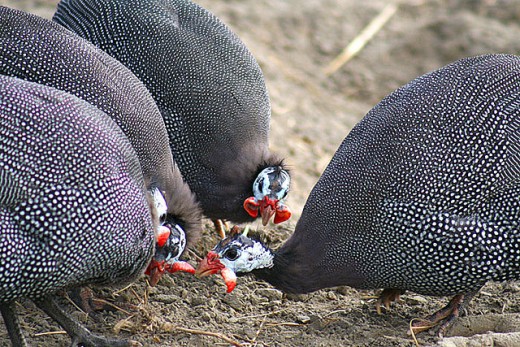
Guineas have long been recognized by farmers for their voracious appetite for ticks and a 1992 scientific study commissioned by Christie Brinkley and Billy Joel after Brinkley contracted Lyme Disease from a bite by an infected tick while horseback riding on their New York estate confirmed what farmers have been saying for years: there is a "highly significant difference in tick presence in response to guinea fowl activity."
Though guinea fowl will not generally venture far into wooded areas due to fear of predation and therefore cannot be relied upon to provide 100% tick control, even a small flock can dramatically reduce the presence of ticks at woodland edges, nearby open areas, and in grassy fields, lawns, or pastures.
In addition to ticks, guinea fowl also eat many other common insect pests, including mosquitoes, flies, grasshoppers, Japanese beetles, and more. They will also peck up countless weed seeds, but must be fenced out of newly planted gardens to prevent them from eating the tender young plants.
Pest and weed control isn't the only benefit of raising guineas. Guinea fowl are lively, friendly birds that can provide hours of entertainment for your family. They are low maintenance and economical to keep because they prefer to find most of their food by foraging, and only rely on prepared food in winter. (Clean water must be available at all times, however.) Though proper shelter is important in areas with cold winters, they will often roost happily in trees in warmer regions.
Guinea meat is considered a delicacy and is said to resemble pheasant in flavor. Though not nearly as prolific as chickens, the hens also lay attractive and delicious speckled eggs. If allowed to go broody, guinea hens are attentive, self sufficient mothers, and with guinea fowl growing in popularity as a weapon against ticks, a few good mother hens can provide a regular income from selling the babies ("keets") to offset the cost of their winter feed and shelter!
The main disadvantage of guinea fowl is their tendency to annoy the neighbors. Commonly known as "the farmer's watchdog" due to the piercing alarm call they emit at the first sign of danger (whether hawk, fox, or strange human dropping by to visit), guineas also produce a range of other vocalizations, from the familiar "buckwheat!" cry of the hens to the "che, che, che" of the cocks.
If you are interested in starting a small flock of guinea fowl but concerned about bothering the neighbors, talk to them and explain your reasoning behind the decision. If they are as concerned about ticks as you, they may even decide to get some guinea fowl of their own!
You can also increase the chances of keeping good relations between you and your neighbors by raising your own keets and handling them regularly. The more familiar they are with people, the less likely they are to raise the alarm over the newspaper boy stopping by. Guinea fowl also tend to be quieter the more familiar they are with the property they live on. Finally, note that male guineas tend to chatter less than females.
Fun Guinea Facts
- Guinea fowl adore white millet, which can be used to train them to come when called, roost in the coop at night, and generally make them go where you want them.
- Guinea fowl enjoy looking at themselves in mirrors, though whether for vanity or "company" is not always clear.
Learn More About Guinea Fowl
- GuineaFowl.com
A step-by-step guide to raising guinea fowl from egg through adult. - Guinea Fowl Breeders Association
A non-profit group. GFBA will encourage, support and educate people as to the benefits of raising Guinea Fowl. We are eager to help you learn about raising guineas. - Guinea Fowl International Association
An international organization providing support and information to those interested in the keeping and breeding of guinea fowl.
More Poultry For Pest Control
If guinea fowl aren't the right birds for you due to irritable neighbors or any other reason, several other common types of domestic poultry are also well known for their voracious appetites for ticks, mosquitoes, and other insect pest.
Chickens, the most popular type of backyard poultry, have several advantages over guinea fowl for many would-be suburban poultry keepers. Though the roosters are noisy and often forbidden within city limits, the hens are much quieter than guinea hens and small backyard flocks are legal even in many urban areas. Chickens lay eggs much more frequently than guineas, and tolerate confinement better. However, they scratch more than guinea fowl and tend to cause more damage to gardens as a result. Chickens will eat virtually anything they can catch, from ticks, mosquitoes, flies, grasshoppers, and slugs to small snakes and mice!
Ducks are attractive birds that provide delicious eggs and meat. Most famous for their voracious appetite for slugs and snails, they will also take care of ticks, grasshoppers, mosquitoes, and many other insect pests. Though they don't scratch like chickens, they may dig up wet lawns looking for grubs. Contrary to popular belief, ducks don't require water to be healthy, but they certainly appreciate it and many duck owners without a pond purchase a small plastic kiddie pool or similar for their ducks to enjoy, especially in the hot summer months.
Turkeys are best known for their delicious meat but they are also voracious bug eaters. Heritage breeds such as the classic Standard Bronze also make exceptionally attractive living lawn ornaments. Though they have a reputation for being dumb, turkeys are friendly, social birds who may attempt to follow you into the house to keep you company! Once past the delicate poult stage, they are happiest when they can range freely over a mix of open pasture and wooded areas, and are better suited for acreages and farms than backyards.








